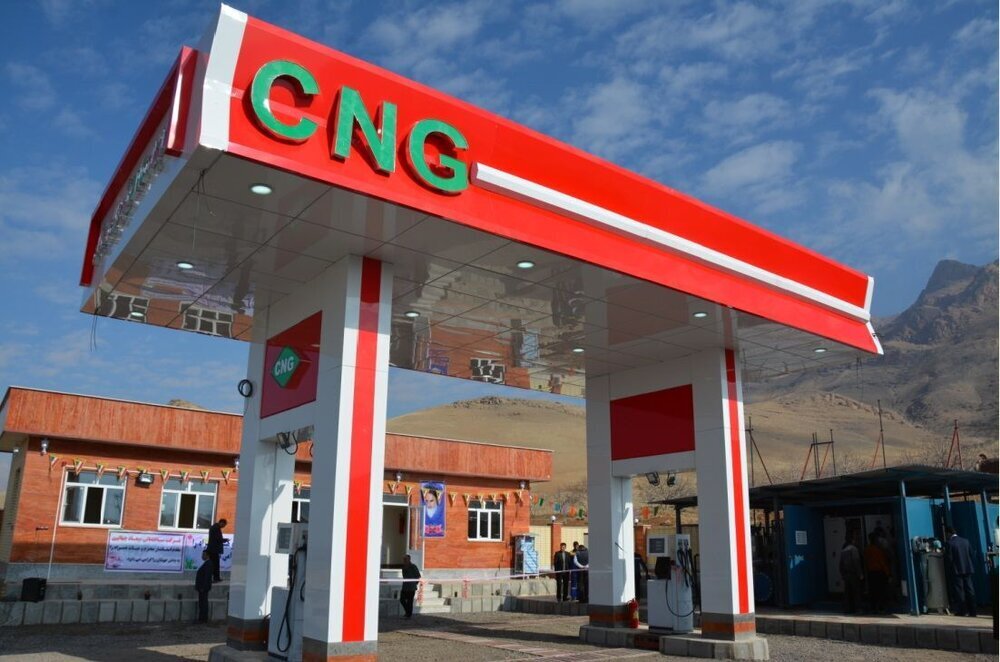Lack of enough CNG stations could rise gasoline consumption

TEHRAN - Head of Tehran Compressed Natural Gas (CNG) Association says although converting gasoline-fuel cars into dual-fuel ones in the country is expected to raise CNG consumption by up to 10 percent, lack of enough CNG stations could once again rise gasoline consumption.
According to Ardeshir Dadras, since the implementation of the gasoline rationing scheme, the consumption of CNG has increased by 15-20 percent across the country.
The official expressed hope that by the end of the current Iranian calendar year (March 19, 2020), the country’s CNG consumption would be increased by 30 percent.
Currently, only 50 to 60 percent of the capacity of the country’s CNG stations is being used and even after an increase in the number of dual-fuel cars, no shortage is going to be felt in the short term, Dadras said.
He further noted that 1.46 million vehicles in the country’s public transportation fleet will be converted into dual-fuel cars over the next two years, adding that the number of CNG stations is not enough in some metropolises and a balance should be made between the number of cars and stations to avoid a supply shortage.
According to the Managing Director of National Iranian Oil Refining and Distribution Company (NIORDC) Alireza Sadeqabadi, the daily consumption of LNG in the country is currently at 800 million cubic meters.
Back in December 2019, head of the CNG promotion program at the National Iranian Oil Product Distribution Company (NIOPDC) said: “CNG consumption in the country has increased by 10 percent since the implementation of the rationing plan.”
Speaking in a press conference, Hassan Gholipour put the average consumption of CNG in the month before the gasoline rationing, at 19.3 million cubic meters per day (mcm/d), and said the figure had risen to about 22 mcm/d, indicating a two-mcm/d growth.
Following the implementation of the gasoline rationing scheme, the government has been promoting the use of CNG as a replacement for gasoline and has declared the mentioned fuel as the country’s national fuel.
People have also been welcoming CNG after the rationing because of the rise in gasoline prices and since, being a cheaper fuel, CNG seems a more affordable fuel for most of the people with lower income ranges.
EF/MA
